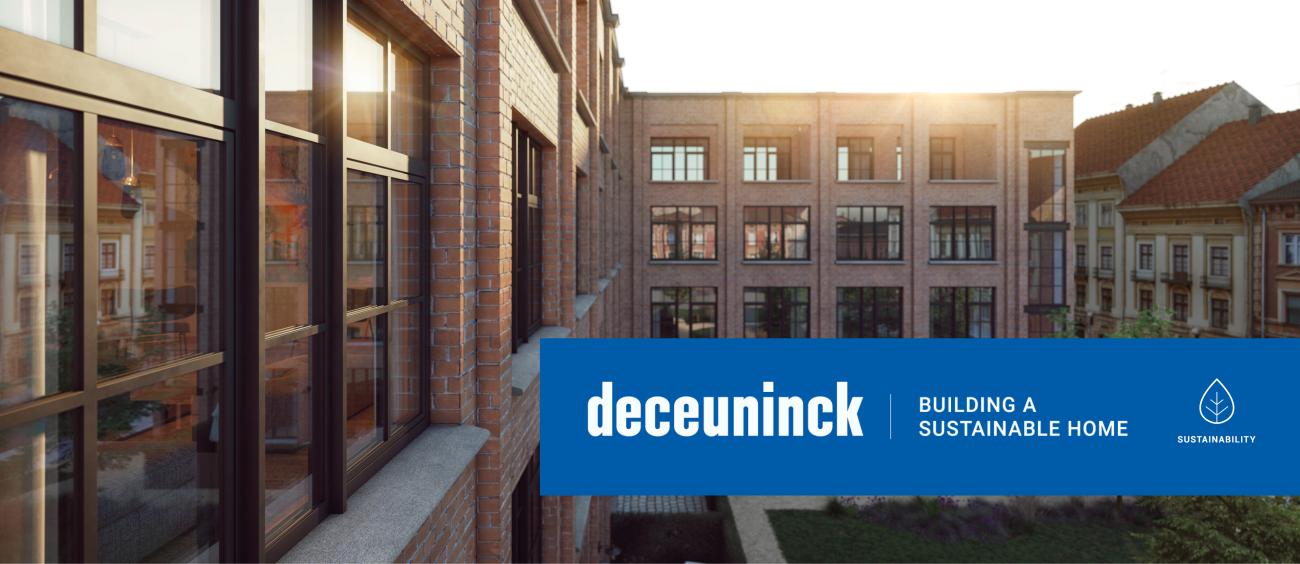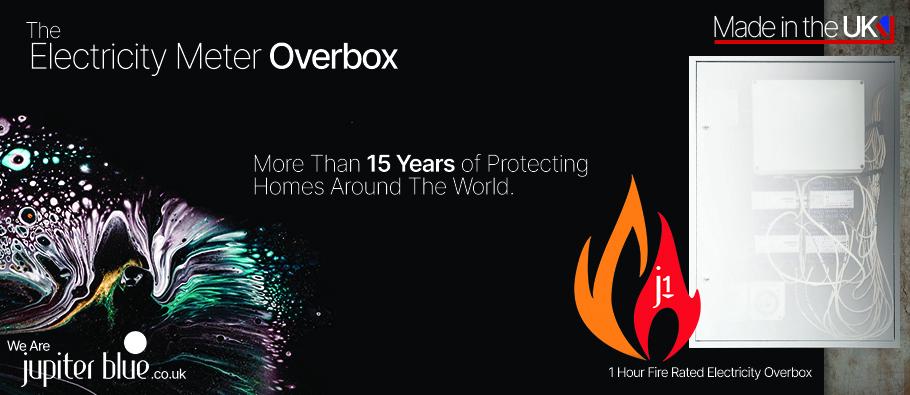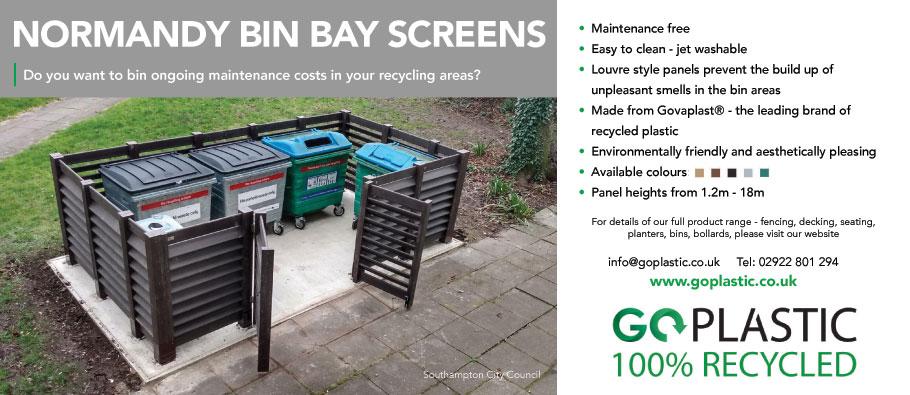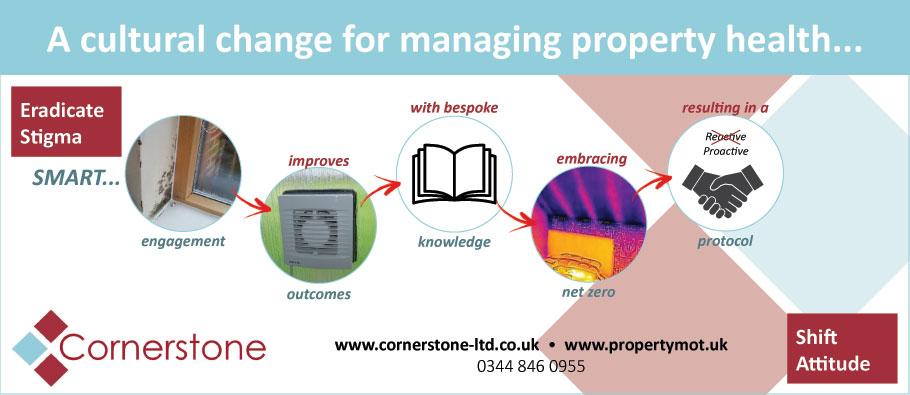The Social Housing Decarbonisation Fund and heat pumps point the way to net zero
Optimism and excitement should be the order of the day. 2023 ended with an agreement at COP28 for a “transition” that should signal the “beginning of the end” of fossil fuels – the main driver of climate change. 2024 begins with high expectations in the UK of what can be achieved to get ever closer to net zero.
Putting aside a general election expected sometime this year, a number of policy instruments are in place, and innovation in heat pump technology provides a platform for a boost to further decarbonise home heating.
Not least of these instruments or interventions is the government’s Social Housing Decarbonisation Fund (SHDF). A £3.8 billon commitment over 10-years by government to “improve the energy performance of social rented homes”.
This funding scheme has significantly supported housing associations, helping them to bring their housing stock up to an Energy Performance Certificate (EPC) C rating. With that, carbon emissions are reduced, so contributing to the overall goal of achieving net zero by 2050. A target for housing associations and government to achieve.
Getting the fabric right for any building, not least for homes to be well insulated to reduce energy usage, is essential so to keep carbon emissions and costs down. Both are critical for energy security and in a cost-of-living crisis.
As delegates gathered for COP28 at the end of last year, Mitsubishi Electric launched its new and innovative heat pump, the Ecodan R290.
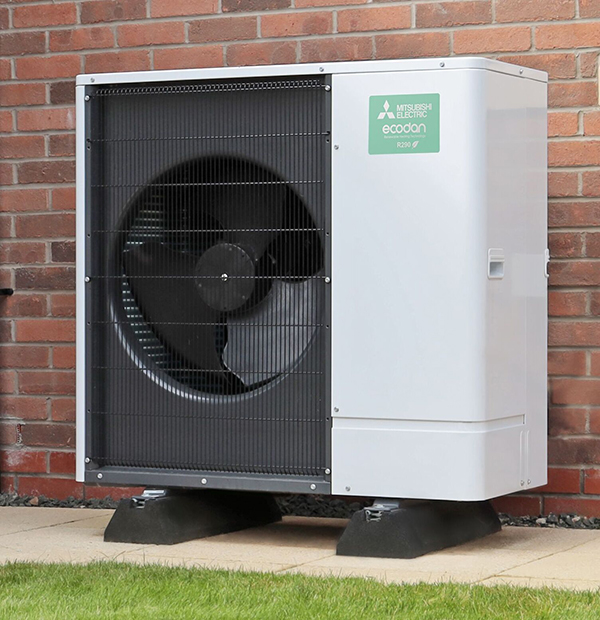
Heat pumps are at the forefront of the transition to low-carbon heating solutions and housing associations are increasingly installing them as they move away from fossil fuel boils or storage heaters. Heat pumps are an incredibly energy-efficient heating system, meaning they cut tenants’ energy usage and costs, as well as the housing association’s carbon emissions.
Manufactured at its factory in Livingston, Scotland, the latest Ecodan heat pump uses R290, a hydrocarbon refrigerant with a Global Warming Potential of just three, which can achieve high Coefficient of Performance values greater than four in heating mode. This means an enhanced higher heating performance; and with a cost-of-living crisis, this also means greater energy savings and reduced running costs for a household.
The product is also designed to operate quietly, ensuring a peaceful home environment for its users, and allows for multiple zone control, enhancing energy efficiency and individual comfort.
What’s more, the Ecodan R290 has capacity to provide reliable home heating in extreme conditions too. Even in temperatures as low as -15°C, it can reach a high heating temperature of 75°C, matching that of a traditional boiler. Such a capability means that a house can be warmed very effectively, and water can be heated to a high temperature to provide plenty of hot water for a large family.
On the journey to a more sustainable future and decarbonisation, heat pumps pave the way for a cleaner, more cost-effective and high-performing home heating solution. By extracting low-level heat energy from the air, heat pumps can raise the water to the target temperature using just a small amount of electricity. For every 1kW of electricity consumed, they can produce at least 3kW of heat energy.
The case for heat pumps to be the default technology for home heating and hot water is now stronger than ever. And with that, so has the future for the decarbonisation of home heating. Mitsubishi Electric has been working with housing associations across the country to install its Ecodan heat pumps for both retrofit and new build projects.
The rollout of heat pumps alongside energy efficiency solutions for the social housing sector offer good reason to be optimistic and excited for a sustainable and low-carbon future for home heating. This underscores the importance of the combined efforts of government, industry and social housing providers to foster a greener and more resilient future that also enhances the
quality of life of households.
For further information about Mitsubishi Electric and Ecodan heat pumps, go to les.mitsubishielectric.co.uk/products/residential-heating/outdoor/ecodan-r290
Images © Mitsubishi Electric

- Log in to post comments






